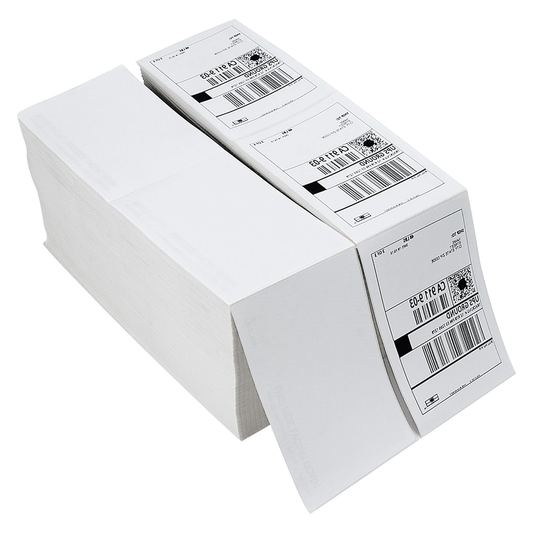Introduction
If you've been exploring EV chargers, you've likely noticed some models emphasizing their amperage. This electrical metric indicates a charger's power draw and charging speed. Here's a comprehensive guide on how many amps your EV charger needs, evaluating your home's power capacity, and more.
What Are Amps?
Amps measure the electrical current in a circuit—the higher the amps, the more electrons are flowing. In contrast, volts measure the pressure of electrons. Together, these metrics tell you how much power (watts) your charger can deliver. For instance, an EV charger carrying 40 amps at 240 volts can output 9,600 watts or 9.6kW.
How Much Power Can an EV Accept?
Most EVs can only accept a maximum of 11.5kW at 48 amps, even if connected to a more powerful charger. This limit is determined by the on-board charger inside your EV, which converts the alternating current (AC) from your home into the direct current (DC) needed to charge your battery. To maximize charging speed, use a charger that matches or exceeds your EV’s on-board charger's power rating.
Understanding Plug-In vs. Hardwired EV Chargers
- Plug-In Chargers: These can output up to 9.6kW at 40 amps, provided you have the right 240-volt outlet, like a NEMA 6-50 or NEMA 14-50. However, they may not be as powerful as hardwired chargers and can only supply up to 40 amps.
- Hardwired Chargers: These units are directly connected to your home’s electrical system, capable of delivering up to 19.2kW at 80 amps. Installing a hardwired charger usually requires a licensed electrician and an electric panel with sufficient capacity.
What Size Breaker Do You Need?
The National Electric Code classifies EV chargers as a “continuous load,” meaning they can only use 80% of the circuit's capacity. For example, a 60-amp breaker can only deliver 48 amps to an EV charger. If you plan to hardwire your charger or use a plug-in charger at high amperage, ensure your home’s electrical system can handle the load.
Can Your Home Handle an EV Charger?
Most homes built after 1970 have a 100-amp or 200-amp panel, which might suffice for a 60-amp EV charger. However, older homes or those with many electrical appliances may need an upgrade. A licensed electrician can perform a load calculation to determine if your home can safely support an EV charger.
Conclusion
Understanding how many amps your EV charger needs is crucial for optimizing charging speed and ensuring your home's electrical safety. Whether you choose a plug-in or hardwired charger, consulting with a qualified electrician will help you make the best decision.














